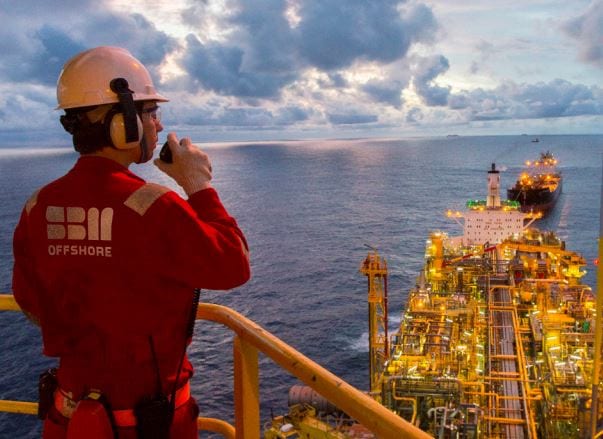Many companies talk about their plans to support the UN’s Sustainable Development Goal 8 (SDG8), meant to promote sustained, inclusive and sustainable economic growth, full and productive employment and decent work for all.
But Saipem, a global leader in drilling services, engineering, procurement, construction, and installation of pipelines and complex projects, onshore and offshore, does more than just talk. Based on documentation the company has released over the past few years, Saipem appears to be truly “walking the talk.”
As an international industrial group operating in 67 countries around the world, Saipem has built its SDG8 initiatives around the concepts of “local value creation” and “shared value,” terms the company uses to sum up how it creates employment, develops local skills and capacity, transfers know-how, collaborates with local suppliers and subcontractors, and enhances local entrepreneurship with its operations. That means most of Saipem’s SDG8 initiatives are directed towards:
- Promoting local employment. By creating job opportunities at the local level, Saipem expands the diversity of its workforce while providing young talent the opportunity to grow professionally. Promoting local employment also strengthens Saipem’s presence in the local market, reduces internal costs and ensures critical professional skills for future projects.
- Developing the local supply chain. Saipem continually works to develop multi-year cooperative efforts with local vendors. How? By contributing to vendor growth (in terms of technical competence, HSE, and human rights). Partnering with local vendors contributes to local social stability and economic growth, while also helping Saipem mitigate risk, cut costs and nurture its reputation. In 2017, 64 percent of the company’s project-based order value was placed with local vendors.
Over the years, this local value creation approach has become a long-term strategy for a mutually beneficial engagement between Saipem and its local stakeholders—and the results are impressive.
For instance, Saipem contributed 1.73 billion pesos to the Mexican GDP, where the company has implemented the El Encino Topolobampo project, an onshore natural gas pipeline project. To measure this contribution, Saipem developed a methodology aimed at quantifying the socio-economic externalities associated with its local value creation approach.
Saipem also recently enhanced its systems and processes to ensure the respect for Human and Labor Rights and to prevent modern slavery and human trafficking in its business and supply chain. As outlined in the Saipem Modern Slavery Statement 2017, the company’s Code of Ethics states the rejection of any form of discrimination, corruption, forced or child labor and the promotion of human rights. All employees and vendors must comply, and in 2017, the company implemented several initiatives to promote the respect for internationally recognized human rights.
Saipem management maintains that the company’s business model has not been limited to only meeting the expectations of stakeholders; it has also been designed to prepare Saipem for the competitive global marketplace of the coming decades. Saipem’s vision for sustainability, combined with its know-how and technology, allow the company to fully create value in all of the countries where it operates.
Source: Triple Pundit



